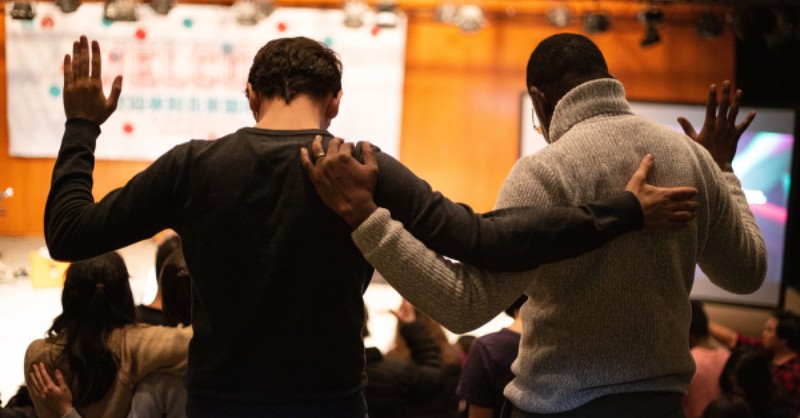In my former church, the pastor had an affinity for the Spanish language. He didn’t speak it very well, but he loved to hear it. On plenty of occasions, he would even ask people to pray in Spanish. I’m from Brooklyn, and while there are many who speak Spanish in Brooklyn and I took three and a half years of Spanish between high school and college, I don’t speak the language well. When these people prayed in Spanish, I could catch a word here or there, but overall, I did not know what they were saying (unless they said hallelujah because that word is the same in every language).
While it was great for the person praying and those who knew the language, for me, it didn’t edify me much at all.
If you pray in tongues and you pray over a person in tongues, that does not edify their spirit for one simple reason: they do not know what you are saying. It is far better to pray for them in a language they understand than to pray in a language they don’t. Reserve praying for people in tongues for your private prayer sessions, but make sure you use language everyone can understand when you pray publicly. As Paul writes,
"Otherwise when you are praising God in the Spirit, how can someone else, who is now put in the position of an inquirer, say “Amen” to your thanksgiving, since they do not know what you are saying?" (1 Cor. 14:16).
Photo credit: Sam Balye/Unsplash












